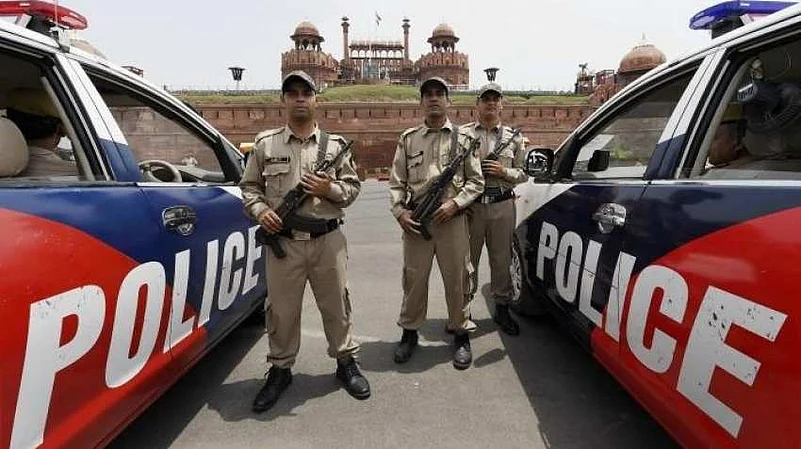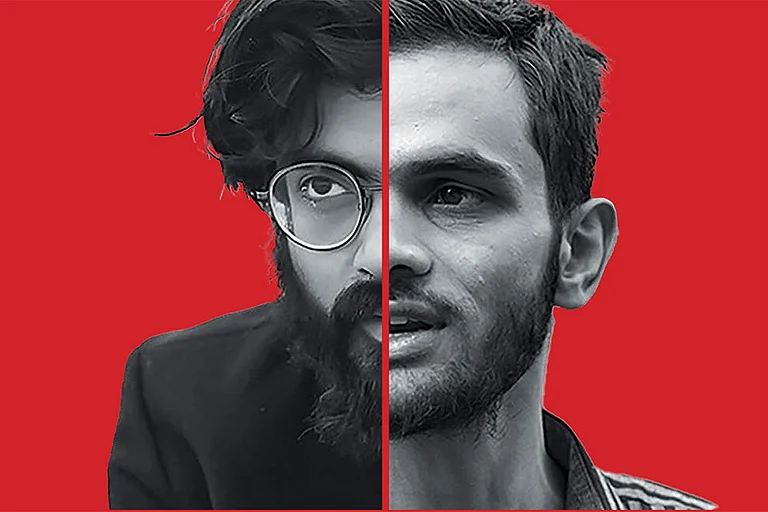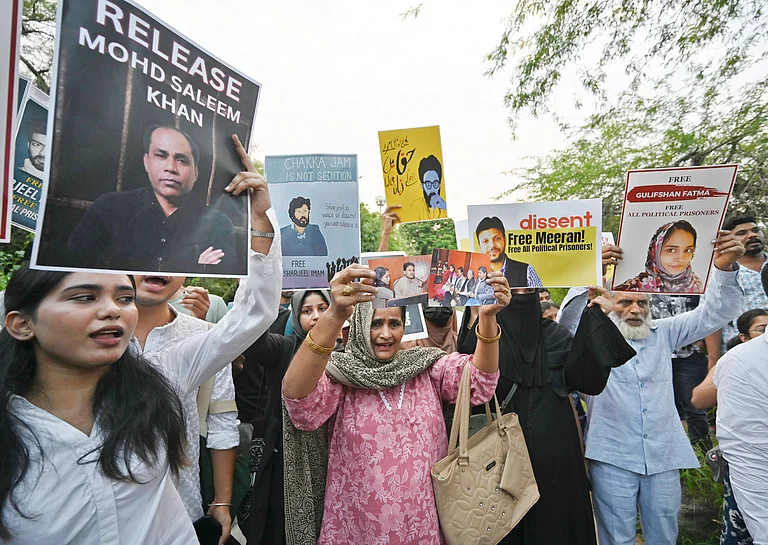
In the Supreme Court, Delhi Police argued that educated “intellectuals-turned-terrorists” like Umar Khalid and Sharjeel Imam pose a greater threat than on-ground rioters, calling their influence more dangerous and ideologically driven.
The prosecution claimed the 2020 Delhi riots were part of a pre-planned, coordinated effort timed to attract international attention and destabilise the government, with the accused acting as masterminds.
Citing witness statements and UAPA charges, Delhi Police urged the court to deny bail, arguing that releasing the accused would undermine national security.
The Delhi Police told the Supreme Court that “intellectuals who turn terrorists” pose a greater threat than those who carry out violence on the streets, as it opposed the bail pleas of Umar Khalid, Sharjeel Imam, Gulfisha Fatima and others in the 2020 Delhi riots conspiracy case.
Arguing before a bench of Justices Aravind Kumar and N. V. Anjaria, Additional Solicitor General S. V. Raju said that professionals such as “doctors and engineers” were increasingly involved in anti-national activities and accused Imam of delivering speeches designed to inflame passions and mobilise unrest. He described the alleged conspiracy behind the riots as a “premeditated plan” rather than a spontaneous protest movement.
Raju said the violence was orchestrated to coincide with international visits in order to draw global attention and destabilise the government, adding that the aim was “regime change.” He told the court that such “ideological influencers” were more dangerous than those who physically engaged in rioting.
The accused have been charged under the Unlawful Activities (Prevention) Act and various IPC sections. The prosecution said 47 witnesses, including 38 who recorded statements before a magistrate, support its claim that the accused acted as masterminds rather than mere participants. The Delhi Police argued that granting bail at this stage would jeopardise national security.










.png?auto=format%2Ccompress&fit=max&format=webp&w=768&dpr=1.0)















